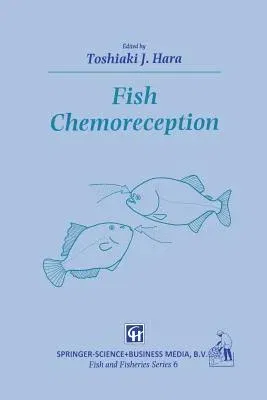Fish Chemoreception (Softcover Reprint of the Original 1st 1992)Paperback - Softcover Reprint of the Original 1st 1992, 9 November 2012

Qty
1
Turbo
Ships in 2 - 3 days
In Stock
Free Delivery
Cash on Delivery
15 Days
Free Returns
Secure Checkout
Part of Series
Fish & Fisheries
Print Length
373 pages
Language
English
Publisher
Springer
Date Published
9 Nov 2012
ISBN-10
9401050309
ISBN-13
9789401050302
Description
Product Details
Book Edition:
Softcover Reprint of the Original 1st 1992
Book Format:
Paperback
Country of Origin:
NL
Date Published:
9 November 2012
Dimensions:
23.39 x
15.6 x
2.06 cm
Genre:
Ecology
ISBN-10:
9401050309
ISBN-13:
9789401050302
Language:
English
Location:
Dordrecht
Pages:
373
Publisher:
Series:
Weight:
548.85 gm

